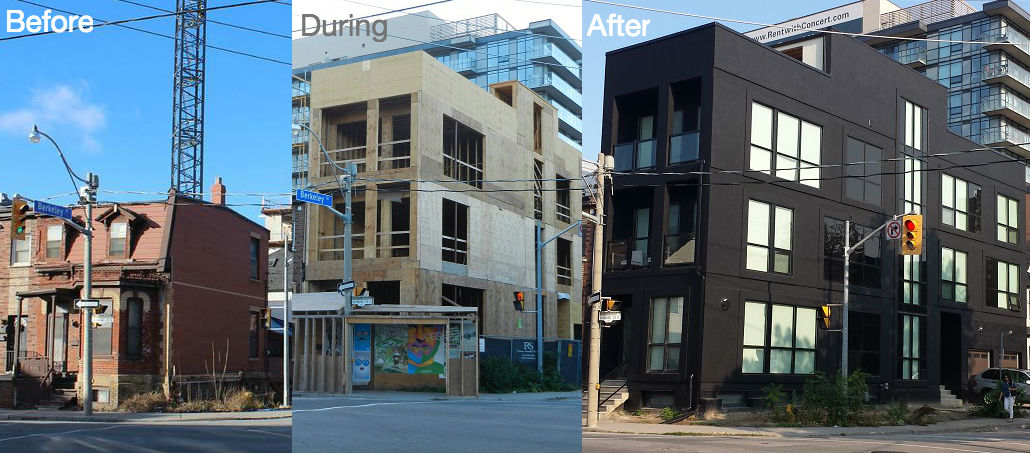Building a custom home can be an exciting and rewarding experience. At the same time, it is an complex and lengthy undertaking that can challenge even the most seasoned professionals. Here are four things you must do to prepare yourself for the journey:
1. Find a Builder You Can Trust:
The single most important criteria when selecting a builder is TRUST. But how do you know whether a builder is trustworthy ? The answer is different for everyone: for some people it’s about reliability – knowing the builder will show up on time, do the job right, and finish on time and on budget. For others, it’s about transparency – knowing what’s happening when, what materials are being used, or how much money is being spent in each area.
While trust is something that can really only be built over time, it is worth it to figure out what trust means to you, and how it can be established. Whatever you do, don’t make your decision based on price alone, and don’t sign a contract after a brief discussion. Take the time to meet with different builders and review your project in depth with them – if they don’t have time to learn about you early on, they won’t have time for you when it comes time to making complex decisions either. References are important. See what people are saying about your top candidates on third party websites such as HomeStars, and ask them for references you can speak with independently, preferably ones who commissioned homes similar to the size and style you’re looking for. Click here for more on How to Find a Builder You Can Trust
2. Involve Your Builder Early:
The earlier you involve your builder the better – even before buying your land. A good builder can assess a property to determine what you can or can’t build, how much it will cost and how long it will take. More experienced builders will be able to tell you roughly what your home will be worth when it’s finished, and can help you design and build to a specific value point within the local market. Click here for more on The Basics of Residential Development . While other professionals are knowledgeable in these areas, builders have a unique perspective because of their hands on experience bringing designs to reality. Sadly it is not uncommon for people to work with an architect or designer, and arrive at a final design only to discover it will take longer than they expected, cost more than they’ve budgeted and/or be inconsistent with surrounding property values. Again, a seasoned builder will guide you in understanding these factors before you decide on the land itself. On that note…
3. Identify Needs and Priorities:
If you’re looking to build a custom home, you already appreciate the importance of your own personal needs and how these are effected by your living space. From dietary habits to sleeping patterns to entertaining family and friends – these are all influenced by the design of our homes. So if you want to get the most out of life in your new custom home, it helps to immerse yourself in thinking about your current and future needs, in every area of your home life. Do you like to cook? Are you a movie lover or do you prefer reading by the fire? Do you work from home? And which of these interests are the most important? Exploring residential design is easier than ever in this day and age: popular websites such as Houzz offer a tremendous amount of information. At the same time, the visual stimulation can be overwhelming, and can distract you from more abstract but important qualitative concepts such as having a healthy indoor environment or a functional floor plan. The internet is a great source of knowledge in these areas too – just don’t get too carried away with specifics like tile selection, at least not until the time comes! Once you have a good sense of your needs and priorities…
4. Develop a Comprehensive Budget:
Whether you’re building in the core of the city or on a large rural estate, it is crucial to have a clear sense of how much you want to spend, and to understand where the money is being allocated. You’ll need to factor in soft costs such as design, engineering and other consulting fees, as well as hard costs for construction and, of course, taxes. Having a good idea of the quality of home that you want is important. And when you think quality, don’t just think about the interior finishing. Yes, countertops, flooring and lighting can increase value. But you also need to consider also the performance of the home. Is your health a priority? Would you prefer low operating and maintenance costs? Is protecting the environment important to you? If so, these needs should be factored into the design and construction budgets up front. Building a healthy and environmentally friendly home doesn’t always cost more, and in many cases will actually save you money. Regardless of your needs and priorities, it’s always wise to set aside a minimum contingency of 10-15% for the unexpected, including any design changes you might want to make along the way. Revisit the budget frequently as your design develops. Visit us at Interior Design Show from January 23 to 25, 2014 and discuss your project with our team!

